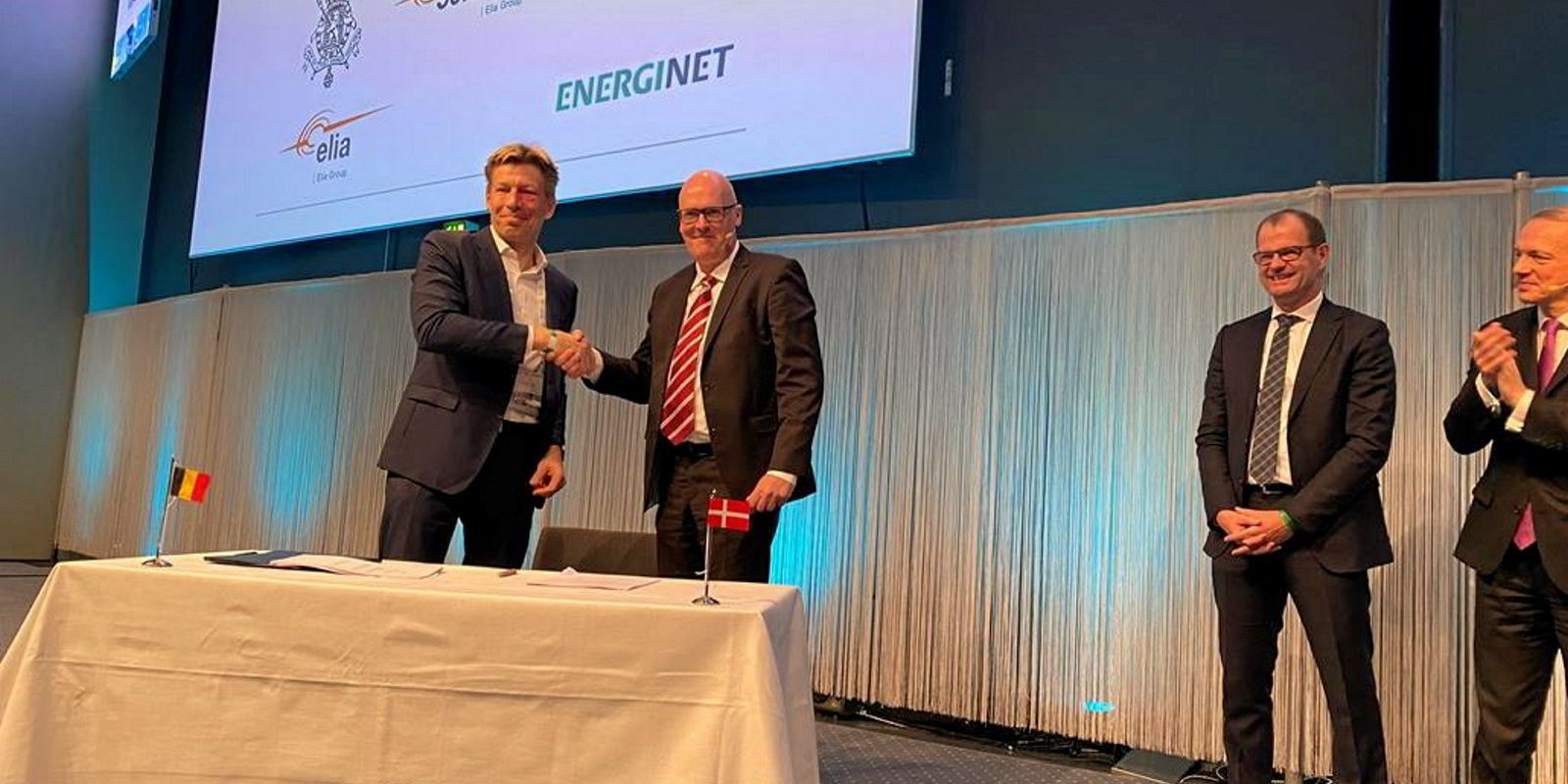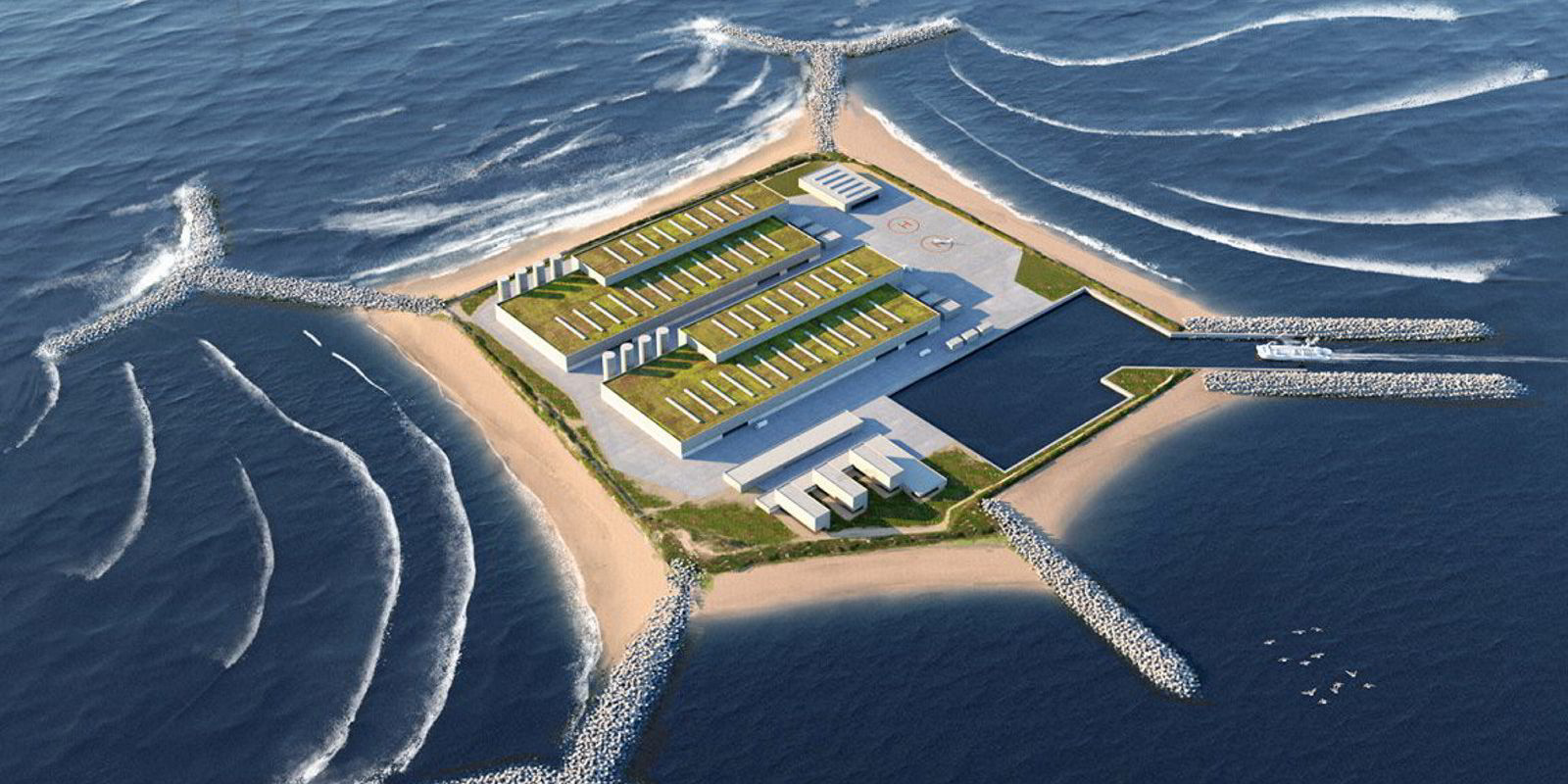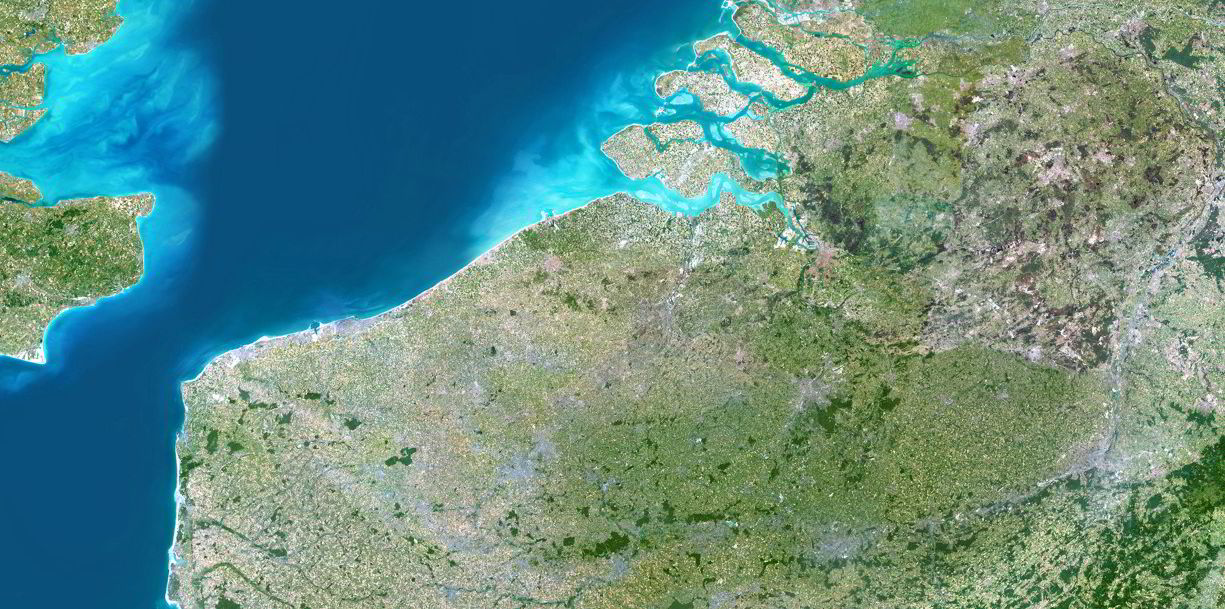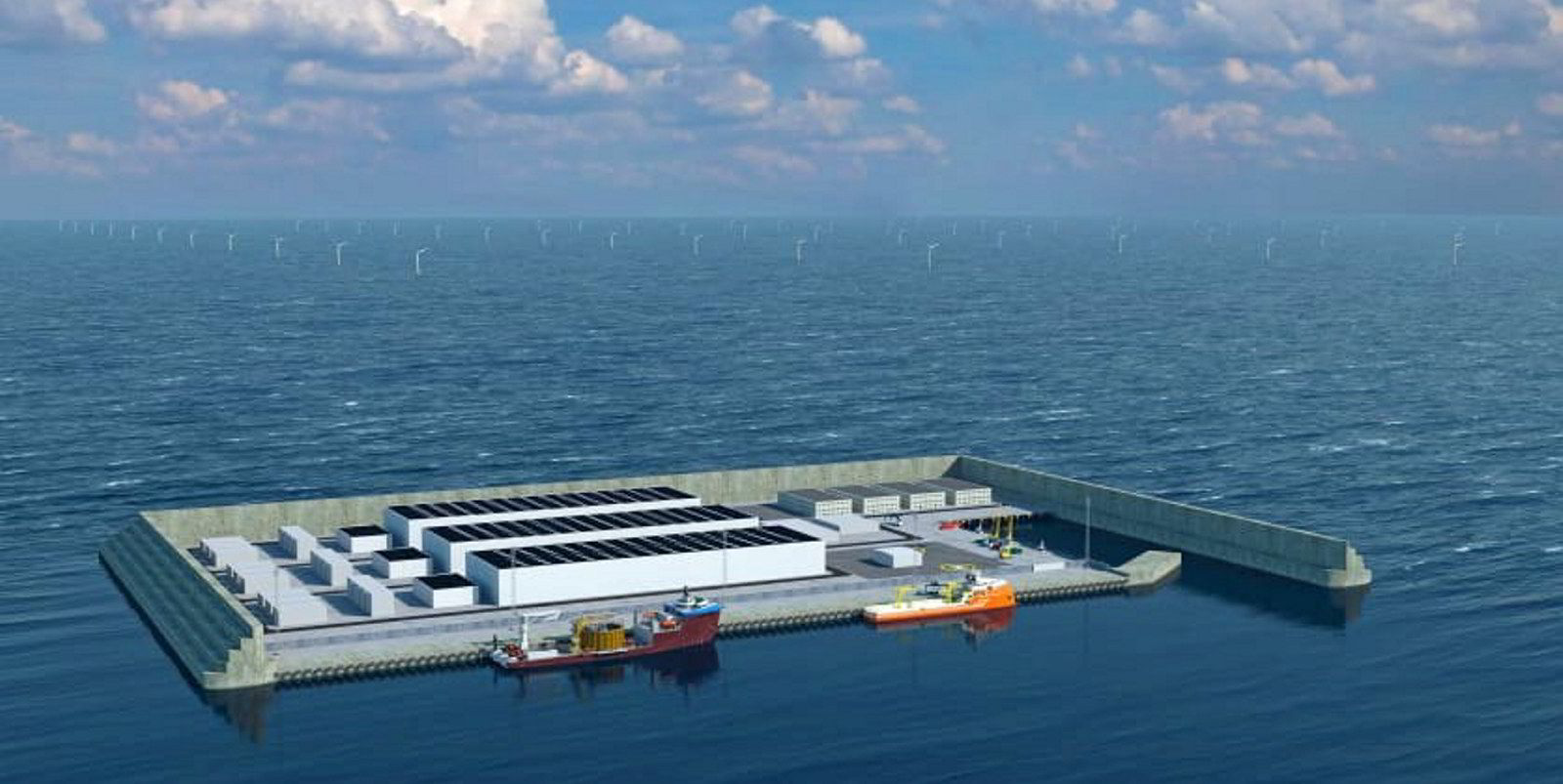Belgian, German and Danish transmission system operators (TSOs) Elia, 50Hertz and Energinet have signed landmark cooperation agreements to build new power trunklines linked to planned energy islands in the North and Baltic Seas.
The interconnectors will boost a massive expansion of offshore wind in both seas, replacing fossil energy to a large degree, and are seen as a first step towards a meshed energy grid at sea connected to several countries, the companies said during a signing ceremony at WindEurope’s Electric City 2021 conference in Copenhagen.
“I see the cooperation agreement as a big step towards Danish energy islands becoming a reality and with huge gains for a greener Europe,” said Thomas Egebo, the chief executive of Denmark’s Energinet.
“Today's agreements show not only that the whole idea of energy islands and connections to several countries is a good idea, but also that the countries are very keen to implement the huge offshore wind projects.
“It's a big day that brings the energy islands with neighbouring countries one important step closer.”
With the agreements, the three TSOs now can jointly start feasibility studies and cooperate on the business cases that are to be used as a basis for national approvals in Belgium, Germany and Denmark. The cooperation agreements are also the first steps towards final investment decisions.
While Belgium is also mulling to build an own artificial energy island to connect new wind farms in its part of the North Sea, the agreement signed today between Elia and Energinet was for interconnectors to another planned artificial island off Denmark.
“The realisation of the Belgian-Danish cable is an important next step in making our electricity system more sustainable,” Elia CEO Chris Peeters said.
“Thanks to the hybrid technology, we will have direct access to large wind farms in the far northern North Sea with different climatic conditions.
“This will provide greater security of supply and help our energy-intensive industry to further decarbonise.”
The second agreement was signed between Energinet and Germany’s 50Hertz, for interconnectors linking Denmark and Germany to the natural island of Bornholm in Denmark’s part of the Baltic Sea.
"The Bornholm Energy Island project builds on the good cooperation between 50Hertz and Energinet that exists between our companies over many years now,” 50Hertz CEO Stefan Kapferer said.
“The world's first hybrid interconnector, Kriegers Flak - Combined Grid Solution, which was commissioned last year, now connects Danish and German wind farms.
“With Bornholm Energy Island, we now want to go one step further and realise the first real electricity grid hub for the Baltic Sea.”
The cooperation agreements between the TSOs were signed at the same time as Danish Minister of climate, energy and utilities Dan Jørgensen and the Belgian minister of energy Tinne van der Straeten signed a formal political memorandum of agreement to establish a connection between the countries including the Danish energy island in the North Sea.
Andreas Feicht, secretary of state at the German economics and energy ministry, and WindEurope CEO Giles Dickson also took part in the signing ceremony.
“Offshore wind is entering a new era. Connecting offshore wind projects to more than one country will improve electricity flows across Europe,” Dickson said. “By pooling generation and transmission infrastructure these ‘hybrid’ offshore wind farms reduce costs and save space.”




